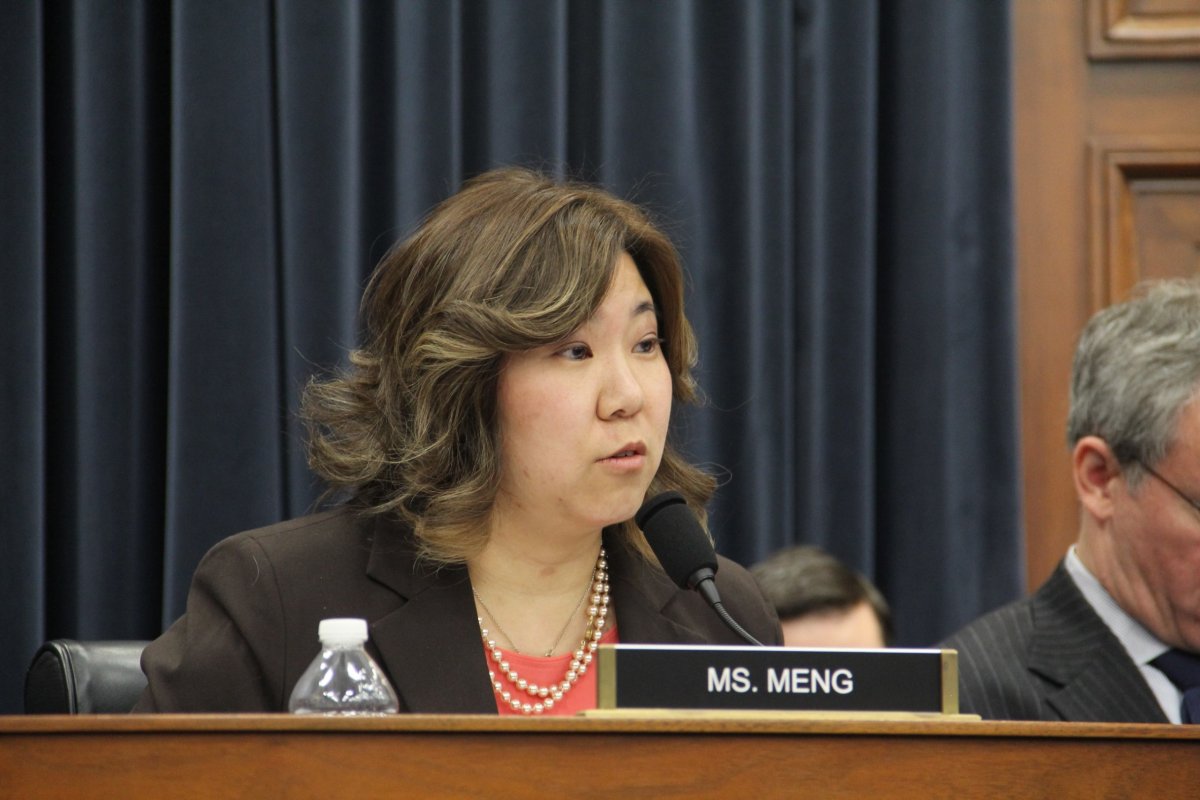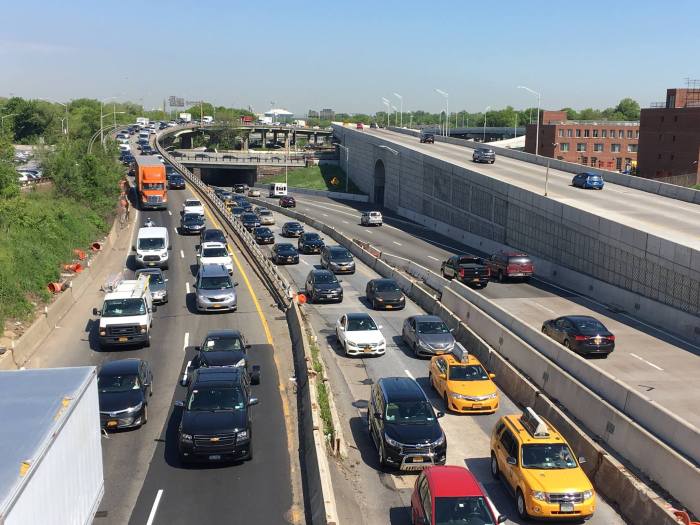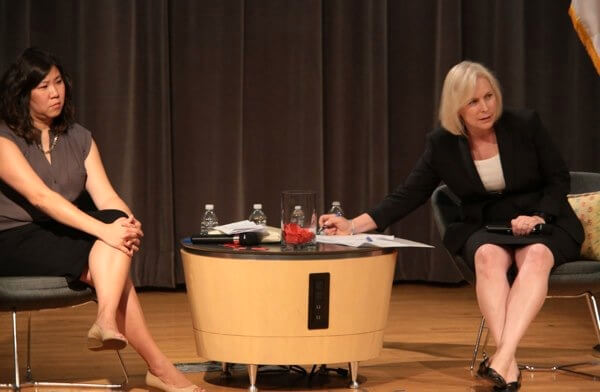Queens Congresswoman Grace Meng announced the introduction of legislation that would mandate federal government agencies to translate all written COVID-19-related resources and materials into multiple languages.
The COVID-19 Language Access Act would apply to any federal agency that receives related funding for the virus. The measure would require agencies to provide written resources in 20 languages including Arabic, Cambodian, Chinese, Creole, French, Greek, Haitian, Hindi, Hmong, Italian, Japanese, Korean, Polish, Portuguese, Russian, Spanish, Tagalog, Thai, Urdu and Vietnamese.
“COVID-19 continues to ravage our nation, especially communities of color. To help close the health disparities these communities face, federal agencies must translate COVID-19-related materials into additional languages,” said Meng.
“This is a necessary — and lifesaving — step that will reach those who may not possess English proficiency. I am proud that my bill has served as a basis for President Biden’s recent presidential memorandum to address cultural and linguistic barriers to COVID-19 relief and recovery, especially for Asian Americans,” Meng added. “President Biden’s executive actions underscores the inequities of language access particularly in the fight against this COVID-19 pandemic. As our nation prepares to ramp up vaccine administration for every American, we must make sure no one is left behind. Ultimately, one’s grasp of the English language should never determine their ability and access to fighting against this pandemic. I urge my colleagues to support this legislation and look forward to it becoming law.”
According to Juliet K. Choi, CEO of the Asian and Pacific Islander American Health Forum (APIAHF), limited English proficient families continue to struggle to access timely and even basic information about COVID.
“Congresswoman Meng’s bill is urgently needed to ensure that language is not a barrier to accessing care or impeding our country’s collective recovery from this devastation pandemic,” Choi said.
“One of our most powerful tools in fighting the virus — and any public health emergency — is a well-informed public,” said Frankie Miranda, president and CEO of the Hispanic Federation. “As a multilingual nation, with significant numbers of limited English speakers, ensuring that material about COVID-19 — including vaccine information — is culturally competent and provided in a variety of languages is a matter of life and death.”
The National Council of Asian Pacific Americans (NCAPA) and the Southeast Asia Resource Action Center (SEARAC) applaud Meng for introducing the COVID-19 Language Access Act.
UnidosUS is proud to support the COVID-19 Language Access Act and commends Congresswoman Meng for her leadership in expanding access to coronavirus resources, according to Eric Rodriguez, senior vice president of Policy and Advocacy at UnidosUS. The National Health Law Program shows their support as well.
The Joint National Committee for Languages-National Council for Languages and International Studies (JNCL-NCLIS) and Asian Americans Advancing Justice (AAJC) are proud to endorse the COVID-19 Language Access Act because making critical information available is a much needed step toward equity.
“In the United States, 9 percent of the population is limited in English proficiency which impacts the level of care people receive in the healthcare system. Research has shown that use of professional medical interpreters has a positive impact on patient care,” said Jonathan Vorasane, Chairman of the Laotian American National Alliance. “The use of professional interpreters has been associated with improved clinical care and positive patient outcomes for limited-English proficient (LEP) patients, who are at a higher risk of injuries due to lack of resources to explain patient safety guidelines. Under Section 1557 of the Affordable Care Act, Laotian Americans as well as other ethnic groups are entitled to language access in health care but far too often, the funding needed for translation materials is lacking.”
“The inadequacy of many of our government agencies in providing linguistically appropriate information about programs and services available in support of individuals, organizations and businesses has been a glaring failure of several COVID relief programs and has been felt disproportionately in Asian American communities,” said David Inoue, executive director of the Japanese American Citizens League. “Language barriers to service yield confusion and mistrust, dampening our hopes for successful public health and economic aid efforts. The language requirements of this legislation will enable more equitable access to the necessary services of our government in responding to the continuing COVID pandemic.”



































